Program Outline

The program of Civil and Environmental Engineering is an international master’s/doctoral program aiming to foster future global leaders who can achieve high-quality social infrastructure improvement. It offers a comprehensive curriculum through which students will be able to propose and implement concrete solutions toward problems related to various fields in Civil and Environmental Engineering, such as Structural and Material Engineering, Hydraulic and Coastal Engineering, Geotechnical Engineering, Transportation Planning, Infrastructure and Environmental Planning, Environmental System Engineering, and Land and Infrastructure Design. The details of our unique curriculum are as follows:
Basic knowledge and skills as a leader
In order to become global leaders, students are required to retain international communication skills and a good understanding of important concepts regarding infrastructure development. Courses, such as Civil Engineering and Policies for Developing Countries and English Communication in Environmental Issues, provide students with essential leadership skills.
Advanced technologies and know-how mainly based on Civil and Environmental Engineering
This program offers the students a variety of courses that deepen their knowledge in each area of Civil and Environmental Engineering. Courses, such as Advanced Course in Lifecycle Design of Civil Structures, Advanced Fluvial and Coastal Hydrodynamics, Advanced Geotechnical Engineering, Advanced Infrastructure Planning and Sustainable Cities Studies etc., provide the students.
Interdisciplinary topics
As for broad knowledge in interdisciplinary areas, the program offers courses such as Frontier in Civil Engineering, Climate Change and Infrastructure, Environmental Industry Systems to broaden students’ perspectives in each focal area.
Research-oriented internship and master’s thesis project
Students are encouraged to apply their skills and knowledge in the latest technologies by doing an internship at a private company or public organization (Global Research Internship: two credits). Students will then compile a master’s thesis under the supervision of academic advisor(s) who will be selected based on their academic and professional background and research interests. They will conduct research on related issues in Japan and their home countries (or surrounding countries with similar situations). Academic supervision shall be provided through presentations and discussions at Seminar courses and individual discussions. Students will also acquire report-making skills as well as project management skills through seminar and conference presentations and through the process of writing their master's thesis.


